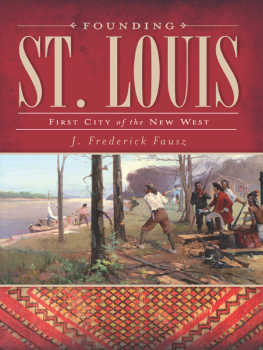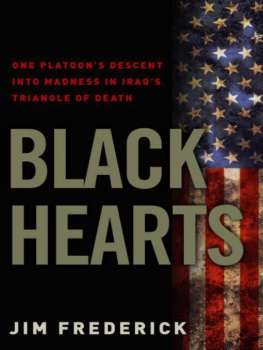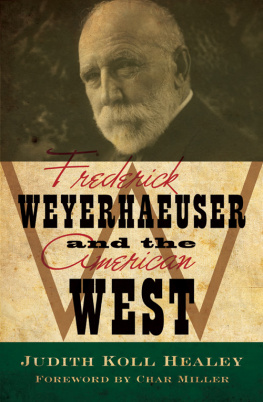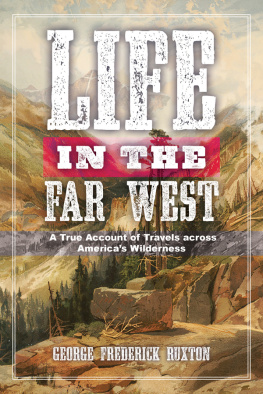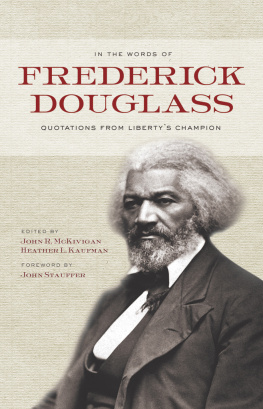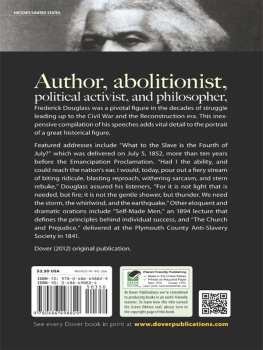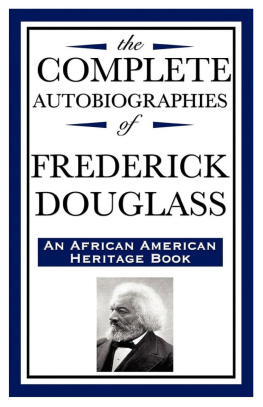HOW DEATH VALLEY WAS NAMED
Table of Contents
There were three of us sitting on a pile of lumber in a sun-baked little mining town down near the Arizona border. One of my companions was the sheriff of the county and the other was an old man with snowy beard and sky-blue eyes whom every one called Mac. To look at him was to behold a vision of the past.
As we were whiling away the time with idle talk something was said which aroused the spirit of reminiscence within this survivor of the unfenced West. He closed his jack-knife with a snap, threw away a pine stick from which he had been peeling shavings, and turning his sky-blue eyes on the sheriff, I remember he began.
After which he told of cheating Death in quicksand fords, of day-long battles with naked Apaches in the malapi, of fighting off bandits from the stage while the driver kept the horses on a run up Dragoon Pass, of grim old ranchmen stalking cattle-thieves by night, of frontier sheriffs and desperadoes and a wilderness that was more savage than the wild riders who sought sanctuary within its arid solitudes. He did not talk for more than forty-five minutes at the most and the words came slowly from his lips, but when he had done my head was spinning from more visions of bold men and large deeds than it had held since the Christmas night when I reeled off to bed after bolting a full half of the Boys Froissart.
And after that old man had sauntered away in the hot-white Arizona sunshine I thought of other grizzled chroniclers to whom I had listened in other parts of the West. Some of their tales came back to me, straightforward simple stories of the days before the farmers, barbed-wire fences, and branch railroad lines; and I marveled at the richness of a lore whose plain unvarnished narratives of fact stand out with values exceeding those of most adventure fiction, more vivid and colorful than the anecdotes of the Middle Ages which the French chronicler set down for all the world to read.
Every State between the Mississippi and the Pacific has its own stories of deeds that took place during an era when even the lawbreakers attained a certain harsh nobility, and when plain men must prove themselves heroic if they would survive. The names of many heroes in these tales have become like household words all over the United States, and what they did in many places is printed on the maps of school geographies; but there is a vanished legion of those old-timers who are remembered only in the immediate neighborhoods where they lived swiftly and died hard. Emigrant and prospector, pioneer and Indian chief, cow-boy and cattle-thief, sheriff, stage-robber, and pony express rideronly the old men can tell their stories now.
All of those men, whether they be famous or forgotten, owned a common virtue which still survives among the people who came after them. That pioneer spirit which makes the average American eager to try what no one else has done is the common motive in the tales of their exploits. It stands out strongly in this story which tells how Death Valley got its name.
One evening early in November, 1849, a party of emigrants was encamped near Mountain Meadows down in southern Utah close to the Nevada line. It was a glorious night of the intermountain autumn; the stars burned large and yellow overhead. In their faint radiance the white tops of more than one hundred prairie-schooners gleamed at the base of the hillside which rose into the west. Here and there one of the canvas covers glowed incandescent from a candlelight within, where some mother was tucking her children into their beds. Out on the long slope the feeding oxen moved like shadows through the sage-brush, and beyond them coyotes shrieked incessantly.
Fairly in the middle of the camp a leaping flame shone on the faces of a crowd of men. For the world-old question of a short cut had arisen to divide opinions in this company and they had gathered around a large fire to try to settle the matter.
They were on their way to California and the placer fields. In Salt Lake City they had learned that the season was too far advanced to permit their crossing the Sierras by the northern passes and they had organized into what they called the Sand Walking Company, with John Hunt, a bearded Mormon elder, as their captain and their guide. He was to conduct them by a trail, unmarked as yet by any wagon track, over which some of his people had traveled to the old Spanish grant recently acquired by their church at San Bernardino. This route to the gold-fields followed the Colorado watershed southward taking advantage of such few streams as flowed into the basin, to turn northward again at the pueblo of Los Angeles. Thus it described a great loop nearly parallel with what is now Nevadas southern boundary.
But before the Sand Walking Company left Salt Lake City a man named Williams drew a map for one of its number showing what he claimed was a shorter pathway to the Land of Gold. This Williams Short Route, as it came to be called during many a heated discussion, struck off straight into the west bearing to the San Bernardino road the relation of a cord to its arc; until it reached a snow-clad peak. This peak, according to the map, was visible for many miles, a clear landmark during-nearly half the journey. Reaching it the trail turned sharply north to cross the range by an easy pass and traverse a long rich valley to the gold-fields. There were many legends of good feed and water-holes on the drawing. The promise of time saved was an important consideration, for all of the company were getting impatient to reach the placer diggings lest they be too late.
The trail forked near this place where they were encamped to-night. John Hunt had halted the party here for two days while scouts crossed the long divide to the west and looked over the country beyond the summit to see if wagons could travel that way. And now his pathfinders were giving their reports. They stood in the open space by the fire, three lean and sunburned men dressed in semi-Indian costume with their powder-horns slung from their shoulders and long sheath-knives in their beaded belts. One after the other they addressed the crowd and each gave it as his opinion that the short cut was impractical. The country was too rough, they said.
The murmur of many voices arose among the audience. Most of the men there were nearing middle age and doubt showed on the bearded faces of the great majority; doubt and disappointment, for they were eager to see their journeys end and that Williams map had aroused high hopes. Here and there a woman stood beside her husband, listening anxiously to what he said, watching his eyes as he harkened to the talk of those about.
But there was one portion of the circle which stood out in marked contrast to the rest. The men here were for the most part in their early twenties; their faces were serene, their eyes untroubled by any doubt; and there were no women with them. While the others stood weighed down by uncertainty, they lounged full length on the ground basking in the heat of the flames, or sat in groups on near-by wagon-tongues, laughing and whispering jests among themselves. Several of them were wearing bits of Indian finery, after the manner of the guides, and this sprinkling of buckskin shirts, fringed leggings, and beaded moccasins, together with an occasional crop of thick hair that reached to a pair of broad young shoulders, gave a dash of savage picturesqueness to their section of the audience. They were a company of bachelors from Illinois and called themselves the Jayhawkers. Their end of the camp had been the scene of wrestling matches and frolic every night since the train had left Salt Lake City; and, as one might expect, it was one of their number who had gotten that map of the Williams Short Route. They were unanimous in advocating it.





